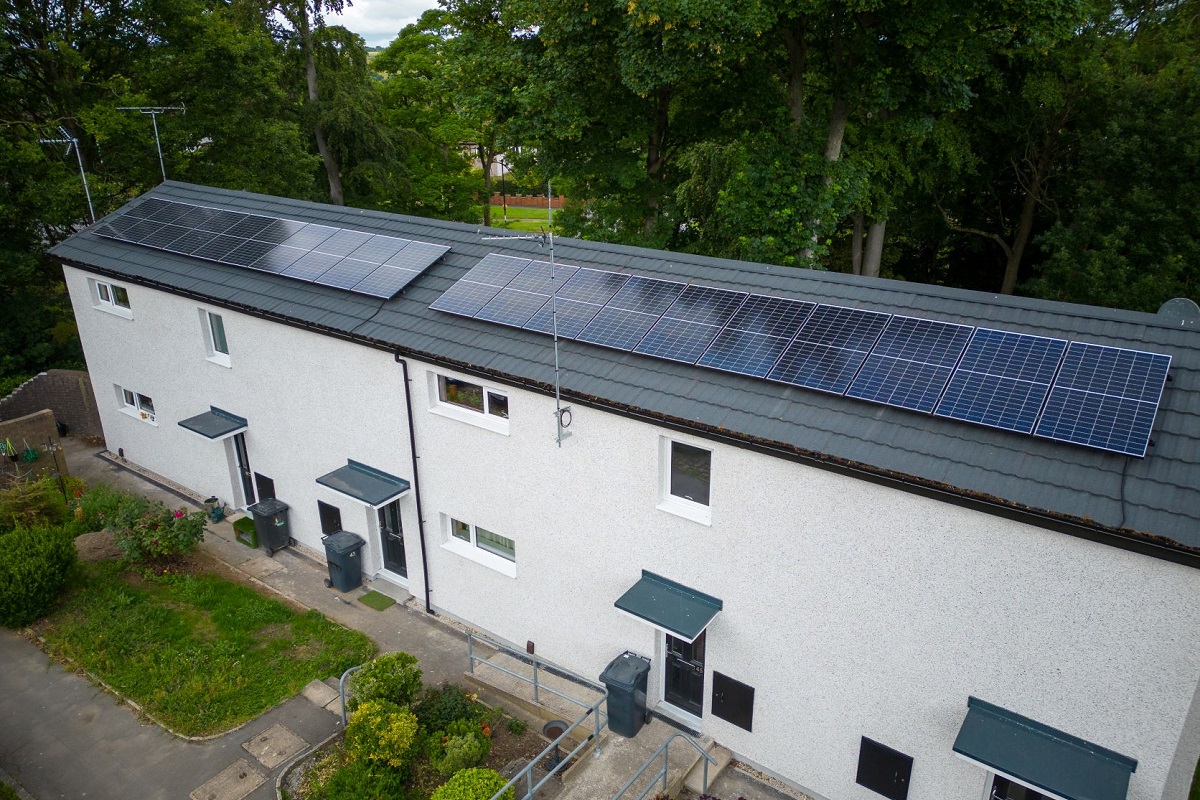‘Not fit for purpose’ EPC ratings need reform, says climate change committee chair
The UK’s independent advisor on tackling climate change has called on the government to reform its “not fit for purpose” energy performance certificate (EPC) metrics.
Lord Deben, chair of the Climate Change Committee, has written to the Department for Levelling Up, Housing and Communities (DLUHC), explaining the need for changing the metrics and has outlined a number of recommendations.
In the letter addressed to Lee Rowley MP, the DLUHC parliamentary under-secretary, Lord Deben said EPCs are an important tool for defining standards and targets for reducing emissions from homes, but are poorly suited to this.
He described them as “not fit for purpose”.
Just last month, the government was told it should adopt a “war effort” push on energy efficiency alongside a target to deliver one million energy-efficiency improvements to homes a year in England by 2025.
The Environmental Audit Committee of the House of Commons, chaired by Conservative MP Philip Dunne, also said the government should adopt interim targets to set a pathway to ensuring all homes in England reach an EPC rating of C by 2035.
Currently, more than 13 million homes – 59% of the total domestic stock – are below this threshold, which is believed to increase the demand for heating massively and consequently leads to fuel poverty and higher carbon emissions.
But in his letter published yesterday, Lord Deben said the current EPC metrics do not accurately incentivise the energy efficiency and heating solutions required to deliver the government’s net-zero strategy.
He suggested the EPC ratings should be improved so that they can be understood more easily and compared with actual performance.
There should be four primary metrics: energy (total use intensity), fabric (space heating demand), heating (system type) and cost (energy cost intensity).
These metrics should be considered alongside wider improvements to the EPC system, explained Lord Deben, to improve the quality of assessments and use of data.
The metrics could also be expanded to provide information on risks posed by climate change and ways to reduce these.
Lord Deben said the expanded metrics could include advice on risks such as overheating, flooding and water scarcity.
“It is essential that the government takes this opportunity to get EPCs right, and we hope that our advice can be of help in this regard,” he added.
In response, the DLUHC said it will respond to the letter “in due course” and pointed Inside Housing to its action plan for improving EPCs.
The plan includes 35 actions the government believes will improve the efficiency and effectiveness of EPCs, 11 of which have been completed.
However, another 11 of the remaining actions will require changes to the Energy Performance of Buildings (England and Wales) Regulations 2012. The government said it is working towards publishing a consultation on the regulations some time this year.
Patrick Harvie, Scotland’s zero-carbon buildings minister, said: “The Climate Change Committee is quite right that EPCs need to be reformed to deliver our climate targets. This is why our Heat in Buildings Strategy set out our commitment to develop a reformed ratings system which gives a stronger focus on both energy efficiency and zero-emissions heating, whilst continuing to provide home occupiers with information on current and potential energy costs.
“We consulted on proposals for a new metric of energy efficiency, based on the amount of energy used by a dwelling, in 2021. This metric would sit alongside the existing metrics on cost of energy and on emissions, providing home occupiers with additional information on how to improve the energy performance and reduce the emissions of their building.”
The Scottish government said it will set out updated EPC reform policy proposals in a consultation planned this year, including the addition of a new EPC metric based on fabric efficiency that is currently under development.











